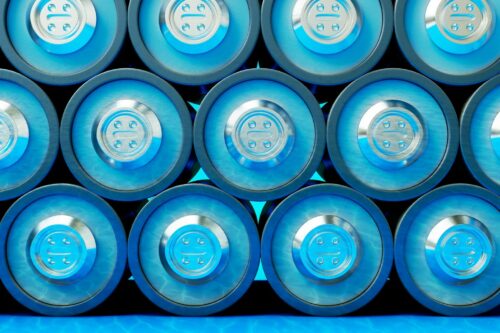LiDFOB electrolytes, with their revolutionary low lithium salt content, have the potential to reshape the industry, offering both economic viability and environmental sustainability.

Lithium salts enhance battery power, but their significant contribution to costs has long been challenging. A solution emerges with a new electrolyte featuring an exceptionally low concentration of lithium salt LiDFOB, potentially offering a more economical and sustainable alternative.
Researchers led by Jinliang Yuan, Lan Xia, and Xianyong Wu have reported in Angewandte Chemie about cells utilising this electrolyte alongside conventional electrodes. These cells exhibit good performance metrics, hinting at a potential paradigm shift in battery technology. Traditional lithium-ion batteries (LIBs) power various devices, from smartphones to electric vehicles, relying on lithium cobalt oxide cathodes, graphite anodes, and liquid electrolytes. The latter governs crucial aspects of battery performance, including cycling efficiency. However, existing electrolytes, predominantly based on lithium hexafluorophosphate (LiPF6), present challenges such as high viscosity and cost.
The LiDFOB electrolyte, with its mere 2% lithium salt content, offers a host of benefits. This ultralow concentration not only reduces costs but also enhances stability and compatibility with ambient conditions during production.It demonstrates resilience against moisture and air, in contrast to the hazardous decomposition of LiPF6. This stability ensures safer battery manufacturing and simplifies recycling processes, aligning with sustainability goals.
The electrolyte’s formulation, LiDFOB/EC-DMC, leverages ethyl carbonate/dimethyl carbonate as a solvent, balancing low salt concentration and sufficient ionic conductivity. This blend facilitates the formation of robust interphase layers on electrodes, enhancing cycling stability in both half and full cells. The researchers, underscore the significance of this research, paving the way for more cost-effective and environmentally friendly lithium-ion batteries.






